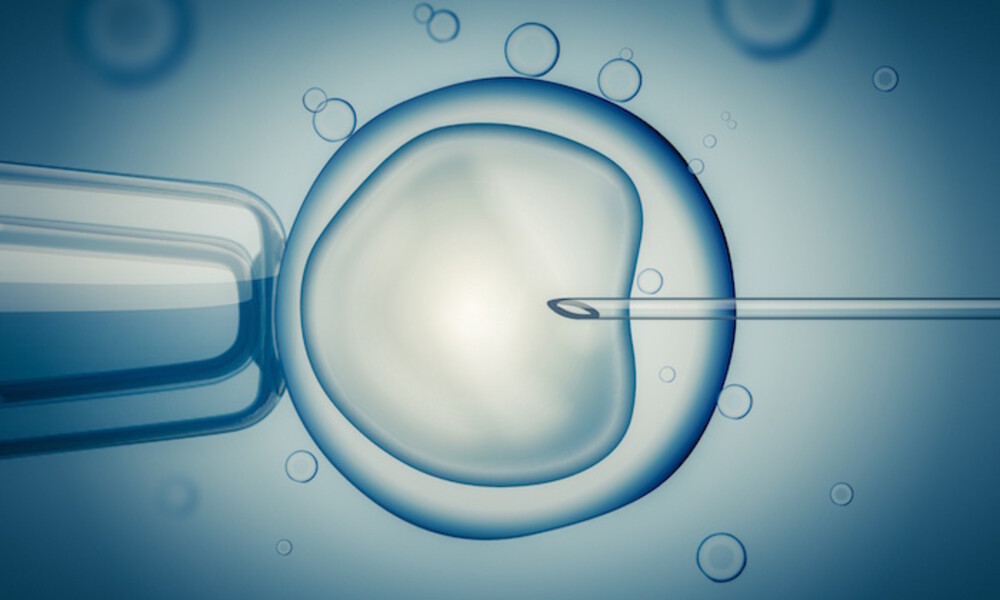Dr. Prasenjit Kr. Roy - IVF Doctor in Siliguri
In Vitro Fertilization (IVF)
Dr. Prasenjit Kr. Roy is a renowned IVF specialist based in Siliguri, West Bengal. With extensive experience in the field of reproductive medicine, Dr. Roy is dedicated to helping couples overcome infertility challenges. He offers a wide range of services, including advanced diagnostic evaluations, hormonal therapies, and assisted reproductive technologies such as IVF (In Vitro Fertilization) and ICSI (Intracytoplasmic Sperm Injection). Known for his compassionate approach and personalized care, Dr. Roy strives to provide the best possible outcomes for his patients, guiding them through each step of their fertility journey with expertise and empathy.
IVF stands for "In Vitro Fertilization". It's a medical procedure used to help people with fertility issues or those who have difficulty conceiving a child naturally. In IVF, fertilization occurs outside the body in a laboratory dish, where sperm and eggs are combined. The resulting embryos are then transferred to the uterus to establish a pregnancy.

Who is IVF suitable for?
- Infertility: IVF is typically recommended for couples who have been unable to conceive naturally after a certain period of time, often one to two years of trying.
- Blocked Fallopian Tubes: If a woman's fallopian tubes are blocked or damaged, preventing the sperm from reaching the egg or the fertilized egg from reaching the uterus, IVF may be recommended.
- Low Sperm Count or Quality: IVF can help overcome male infertility issues such as low sperm count or poor sperm motility.
- Ovulation Disorders: Women who have irregular ovulation or who don't ovulate at all may benefit from IVF.
- Unexplained Infertility: In some cases, couples may undergo IVF when the cause of infertility is not identified through routine testing.
- Genetic Disorders: Couples with a high risk of passing on genetic disorders to their children may opt for IVF with preimplantation genetic testing (PGT) to screen embryos for genetic abnormalities before implantation.
What does IVF involve?
- Consultation: The process typically begins with a consultation with a fertility specialist, who will assess the couple's medical history, conduct tests, and recommend treatment options.
- Ovarian Stimulation: The woman undergoes hormonal therapy to stimulate the ovaries to produce multiple eggs.
- Egg Retrieval: Once the eggs are mature, they are retrieved from the woman's ovaries through a minor surgical procedure.
- Fertilization: The retrieved eggs are combined with sperm in a laboratory dish for fertilization.
- Embryo Culture: Fertilized eggs (embryos) are cultured in the laboratory for a few days until they reach a suitable stage for transfer.
- Embryo Transfer: One or more embryos are transferred into the woman's uterus through a catheter.
- Pregnancy Test: A pregnancy test is conducted about two weeks after embryo transfer to determine if the procedure was successful.
What are the symptoms of IVF?
- Physical Symptoms: The hormonal medications used to stimulate egg production can cause side effects such as bloating, breast tenderness, mood swings, and mild abdominal discomfort.
- Emotional Symptoms: IVF can be emotionally taxing due to the stress of the procedure, uncertainty about the outcome, and the financial burden associated with treatment.
- Ovarian Hyperstimulation Syndrome (OHSS): In rare cases, ovarian stimulation can lead to OHSS, characterized by severe abdominal pain, nausea, vomiting, and rapid weight gain. This requires medical attention.